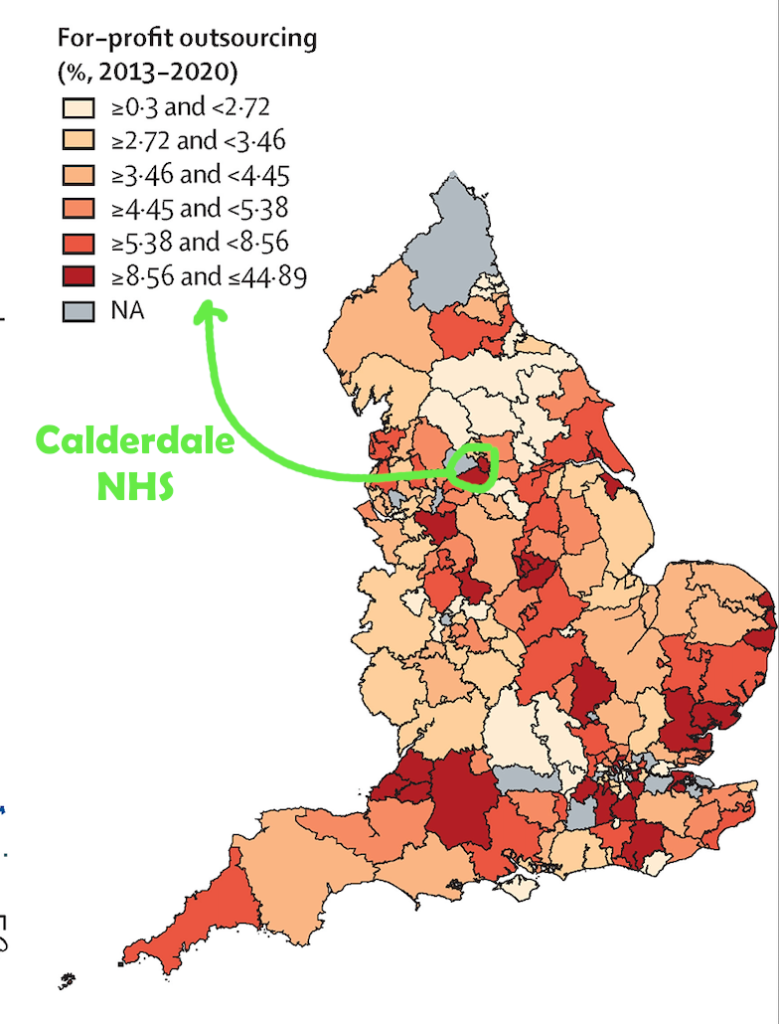Social prescribing is part of a process of destroying jobs and the local economy, although you would never have guessed this at the Calderdale Clinical Commissioning Group Governing Body meeting on Thursday 10th August.
The meeting started as usual with a “patient story” that allows the Clinical Commissioning Group to reassure themselves that they have a reason to get out of bed in the morning (a phrase that Clinical Commissioning Group officials used more than once in discussing this patient story).
This time the patient story was a video of patient testimonies to the Staying Well social prescribing scheme to tackle loneliness, which was rolled out in the Upper Calder Valley a few years ago. Continue reading

